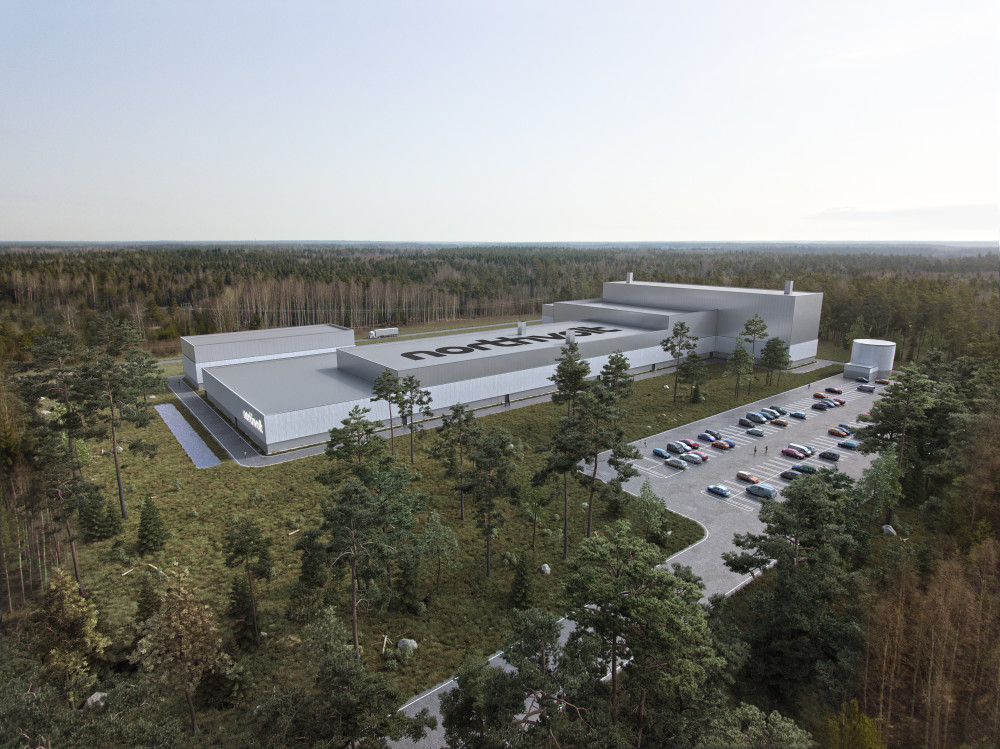The European Commission has approved billions of euros in subsidies from seven member states into battery research, as the EU seeks to gain a foothold in the capital-intensive industry.
The research forms part of the EU’s push to prepare for the expected emergence of electric vehicles due to climate change concerns.
Batteries account for 40 percent of an electric vehicle’s cost, and the sector is dominated by companies in South Korea, China and Japan.
Germany and France are leading a drive to develop a European-based battery manufacturing facility for the region’s automobile industry, which employs more than 10 million people.

Consortium
The 3.2 billion euro (£2.7bn) subsidy from Germany, France, Italy, Poland, Belgium, Sweden and Finland is to go to the European Battery Alliance, a consortium of 17 companies including BMW, BASF and Solvay.
It is expected to help generate another 5bn euros in private investment, the Commission said.
The battery project launched in 2017 and is aimed for completion in 2031.
“Battery production in Europe is of strategic interest for our economy and society because of its potential in terms of clean mobility and energy, job creation, sustainability and competitiveness,” said Margrethe Vestager, the Commission’s executive vice-president for competition.
“The approved aid will ensure that this important project can go ahead without unduly distorting competition.”
The Commission said the battery plans involved “ambitious and risky” research and development in areas ranging from the mining and processing of raw materials to production of advanced chemical materials, the design of battery cells and modules and their integration into smart systems, as well as the recycling and repurposing of used batteries.
Green vehicles
French finance minister Bruno Le Maire said the emergence of a European battery industry would “contribute to the achievement of the objective set by the European Union to become the first carbon-neutral continent by 2050”.
German economy minister Peter Altmaier said the Commission’s decision was “a great success for Germany and Europe”.
As part of the EU’s battery plans, in April of 2018 a company called Northvolt Labs, founded by two former Tesla executives, began construction in Sweden of the first phase of a planned large-scale battery factory that would be similar in scale to Tesla’s Gigafactory 1 in Nevada.
Meanwhile, Tesla itself said last month it plans to build a factory near Berlin that would make batteries, powertrains and vehicles, starting with a recently introduced compact sport utility vehicle called the Model Y, in what would be the company’s first factory in Europe.
In 2018 the company bought land in Shanghai for its first factory outside the US, and in October of this year confirmed it had built full vehicles in Shanghai as part of its trial production.





